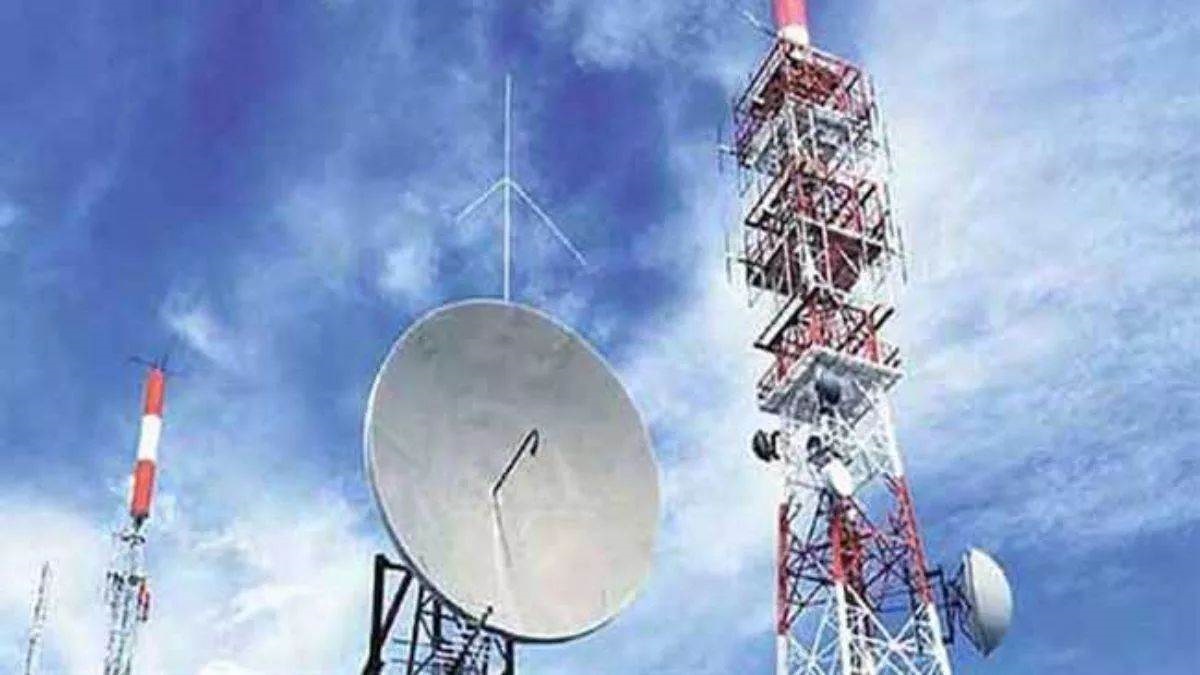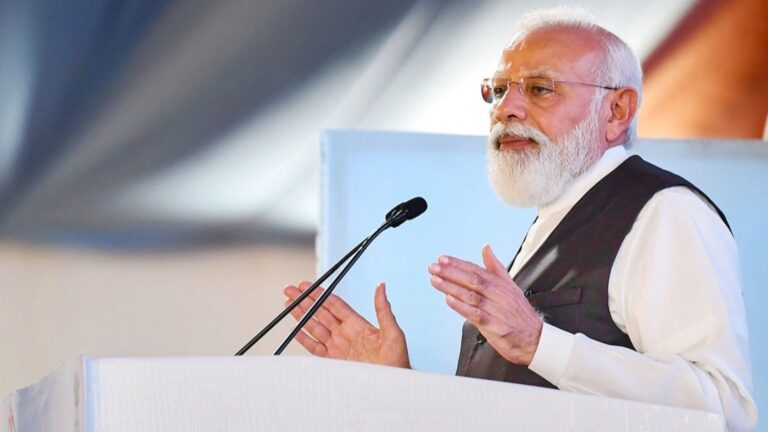
The Telecommunications Act 2023, which took effect on June 26, marks a significant overhaul of India’s telecommunications regulatory framework. Replacing the Indian Telegraph Act of 1885 and the Indian Wireless Telegraph Act of 1933, this new law addresses the modern needs of the telecom sector, reflecting the substantial advancements and emerging challenges of contemporary telecommunications.
Enhanced Government Authority
One of the most notable changes introduced by the Telecommunications Act 2023 is the expanded power granted to the government. According to a report by The Economic Times, the government can now take control of telecom services or networks in emergencies. This authority can be exercised for reasons related to national security, public order, or crime prevention. This change underscores the critical role of telecommunications in both empowering citizens and protecting against misuse.
Stringent Regulatory Requirements
The Act mandates that any telecom company seeking to establish or operate a network, provide services, or use radio equipment must obtain government approval. This measure aims to bolster national security and encourage the use of indigenous technology. Additionally, the government is now empowered to set and enforce standards for telecom services and networks, ensuring higher security and quality across the board.
Expansion of the Universal Service Obligation Fund (USOF)
The new law also broadens the scope of the Universal Service Obligation Fund (USOF). This fund will now support telecom services in underserved rural, remote, and urban areas, as well as fund research and development of new telecom services and technologies. This initiative is designed to ensure that essential telecom services are accessible to even the most remote and underserved regions.
How It Affects You
The Telecommunications Act 2023 introduces several changes that will have a direct impact on telecom users:
Improved Security and Quality
With the government’s enhanced ability to set standards and ensure compliance, users can expect a higher level of security and quality in telecommunication services. This will help protect user data and ensure more reliable service.
Better Protection Against Unsolicited Communication
The Act includes provisions to protect users from unwanted commercial communication. These measures aim to reduce the nuisance of unsolicited messages and calls, thereby improving the overall user experience.
Access to Services in Remote Areas
The expanded USOF ensures that telecom services reach even the most remote and underserved areas. This initiative is critical for bridging the digital divide and providing essential services to all citizens.
Encouragement of Innovation
The introduction of a Regulatory Sandbox under the new Act will facilitate the development and implementation of innovative telecommunication solutions. This could lead to more advanced and user-friendly services, benefiting consumers with the latest technological advancements.
The Telecommunications Act 2023 brings about significant changes aimed at modernising India’s telecom sector, enhancing national security, and promoting innovation. By updating outdated laws and introducing new regulations, the Act seeks to create a robust and future-ready telecommunications framework for India.






